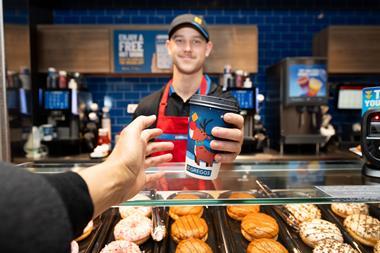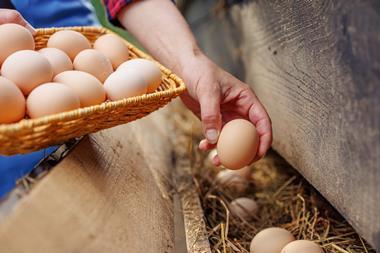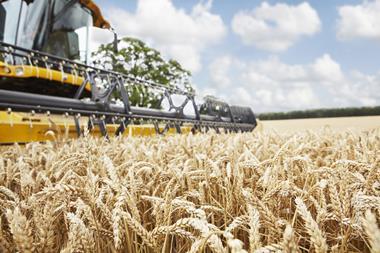UK bakery manufacturers have been using innovative tactics to tackle pressures in the rising costs of commodities, new research has revealed.
A paper entitled New World, New Risks, jointlylaunched by food research organisation Campden BRI and insurance broker JLT Speciality, highlights the issues manufacturers and businesses within the UK food and drink industry are faced with and how they are aiming to overcome them.
The most common response of food businesses to combating volatile raw material prices was innovation, such as developing new products or encouraging consumers to eat - and therefore shop - differently.
Other tactics included finding economies of scale through focused product strategies, merger and acquisition activity, international expansion and targeting new customers.
Jon Miller, associate at JLT’s Food & Agri Practice, told British Baker: “One of the biggest things to have come out of the research is the food commodity price rises, which is particularly important for the baking industry at the moment because of the current grain and sugar markets. One way the baking industry has looked to change this is through innovation.
“So with consumers’ tastes constantly changing, we have seen one bread manufacturer say that even though bread is a staple product, it is targeting other areas, such as gluten-free and more artisanal products, to keep up with the times. There were also talks among some of our other clients about developing brands and moving away from own-brand if they could, specifically for the bakery sector.”
He added that JLT has seen an increase over the years of bakery firms taking out machinery breakdown cover, suggesting a move towards automation to help reduce costs.
Miller said: “It’s a combination of two things. Businesses will be looking to see whether they can automate parts of their process, and whether they can improve by replacing machinery. It is not about replacing people, but it is about making things more efficient, increasing production and reducing cost.”
The report also detailed that companies operating in the food industry are using other tactics to overcome issues and grow their businesses, including merger and acquisition activity, international expansion and targeting new customers.
In addition, the document revealed an increase in product recalls, which doubled within the UK food and drink sector in the last 12 months from 35 to 70. The news comes in light of the horse meat scandal, which surfaced last month, when it was revealed around 29% of meat content was horse DNA in a number of Tesco’s burger products.
Such high-profile cases of product recall have heightened concerns, and stipulations requiring product recall and contamination insurance have become increasingly common in contracts between retailers, suppliers and manufacturers.
Miller explained: “We do see more bakery businesses looking to take out product recall cover, but that is because the development of that policy has become cheaper and recovery is wider now. So you put those things together and it becomes more attractive. There are talks that retailers will impose this on their supply chain, but it is more of a suggestion at the moment.”
The results of the New World, New Risks research are based on interviews conducted with a wide range of representatives from 20 companies in the meat and poultry, bakery and snacks and confectionery industries. This includes managing directors, finance directors, company secretaries and others in key decision-making roles.
































No comments yet